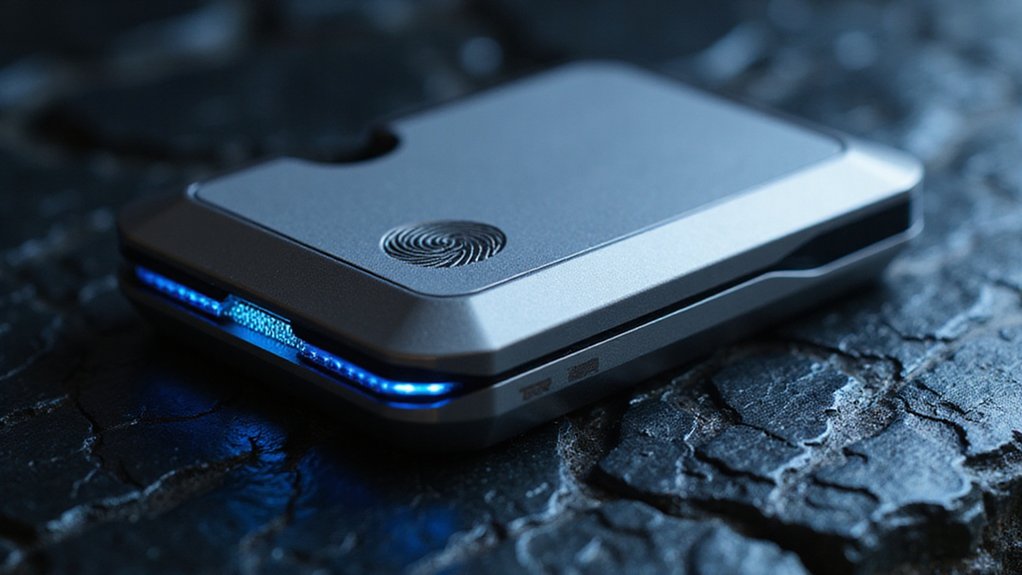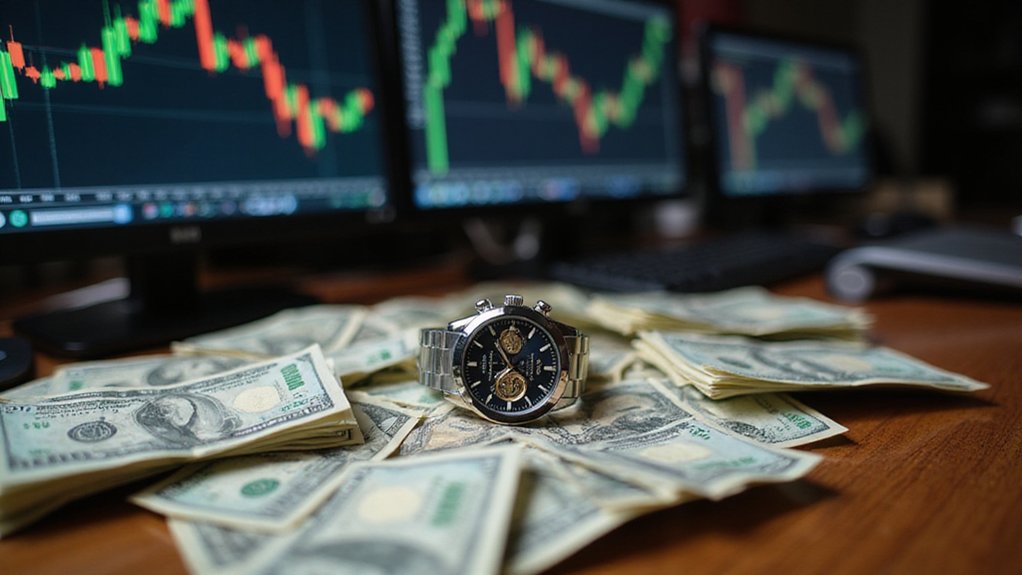While most pharmaceutical companies grapple with the mundane realities of drug development timelines and FDA approvals, Eyenovia has charted a decidedly more adventurous course by announcing a $50 million pivot into cryptocurrency that would make even the most risk-tolerant venture capitalists pause.
The company raised funds through a private placement at $3.25 per share, issuing convertible preferred stock convertible into approximately 15.4 million common shares. Perhaps more intriguingly, the deal includes warrants allowing purchase of roughly 30.8 million shares at the same price—potentially raising an additional $150 million if investors prove sufficiently optimistic about this pharmaceutical-to-DeFi transformation.
The $50 million fundraise could balloon to $200 million if investors embrace Eyenovia’s audacious leap from eyedrops to blockchain validation.
Eyenovia’s strategy centers on acquiring over one million HYPE tokens on the Hyperliquid blockchain, positioning itself as what it claims will be the first Nasdaq-listed DeFi validator. The company has already accumulated over one million HYPE tokens at an average acquisition price of approximately $34. The HYPE token, ranked as the 12th-largest cryptocurrency by market capitalization as of June 2025, represents the company’s gateway into becoming a major network validator—a role that involves securing the blockchain while earning staking rewards.
The timing appears calculated: the transaction closes around June 20, 2025, coinciding with the company’s rebranding to “Hyperion DeFi” with the ticker symbol “HYPD.” This corporate metamorphosis reflects management’s belief that validating transactions on a decentralized exchange holds more promise than developing ophthalmic drug delivery systems.
Hyunsu Jung has been appointed Chief Investment Officer and board member to shepherd this crypto treasury strategy, while CEO Michael Rowe endorses the pivot as aligned with shareholder interests. The company has partnered with Anchorage Digital to secure its crypto assets and validator infrastructure—a prudent move given the sector’s colorful history of misplaced private keys and mysterious disappearances.
The market’s initial reaction proved enthusiastic, with shares surging over 136% following the announcement. Whether this pharmaceutical company’s transformation into a DeFi validator represents visionary diversification or an elaborate exercise in corporate reinvention remains to be seen. Despite this dramatic strategic shift, Eyenovia maintains its commitment to the Gen-2 Optejet development and anticipated FDA registration by September 2025.
The strategy aims to leverage blockchain adoption trends while providing treasury diversification beyond traditional cash holdings—assuming, of course, that validating Hyperliquid transactions proves more straightforward than maneuvering through FDA approval processes. Unlike popular Layer 2 scaling solutions that operate alongside Ethereum to enable faster and cheaper transactions, Hyperliquid functions as its own blockchain network where validators play a crucial role in securing the ecosystem.








